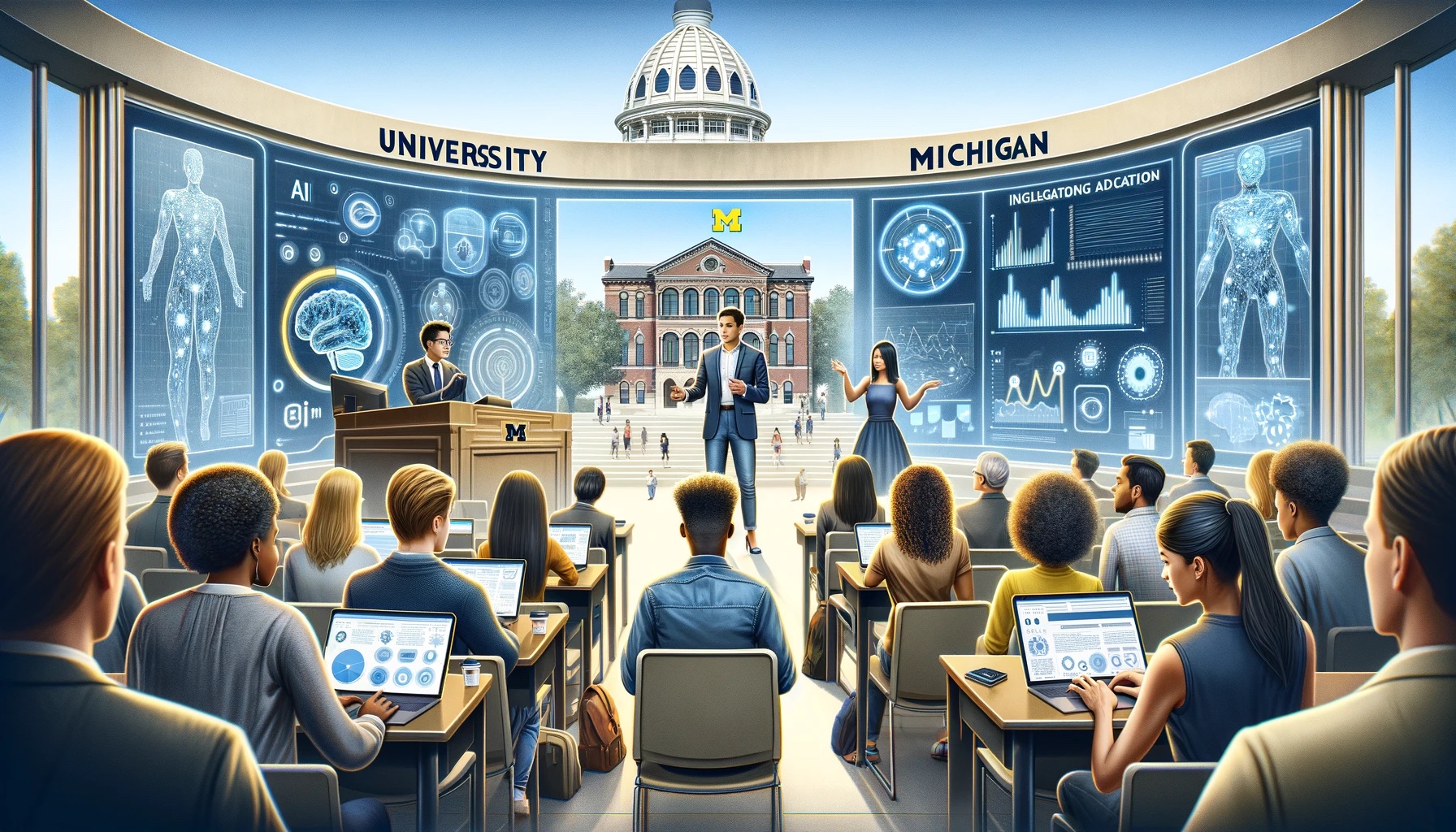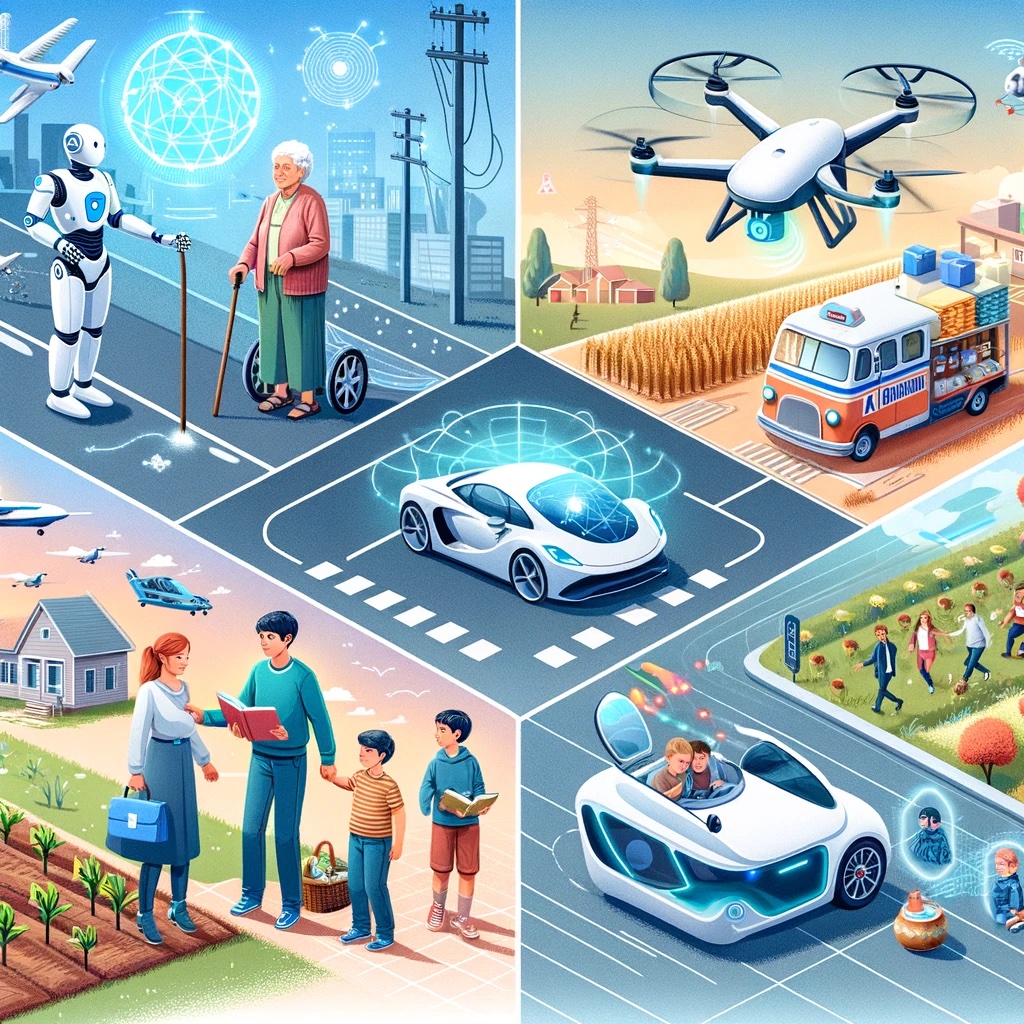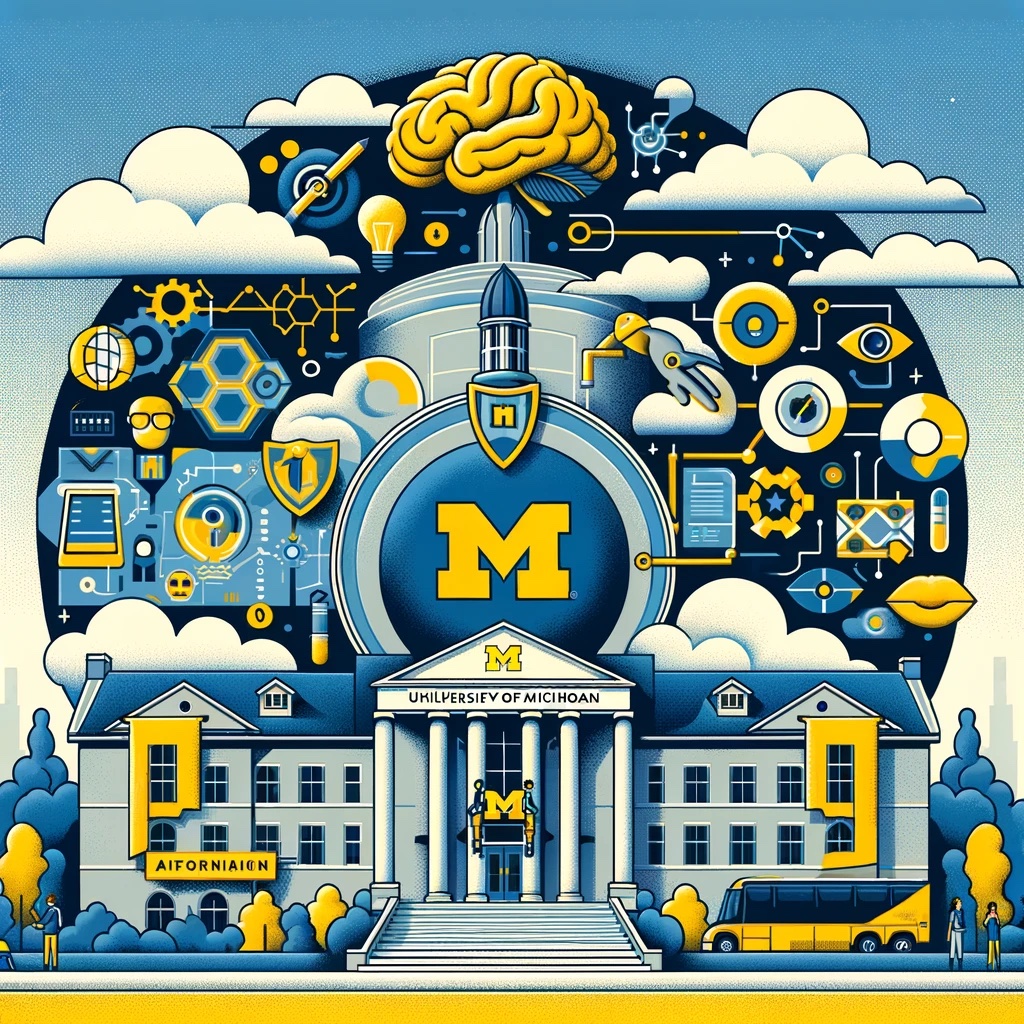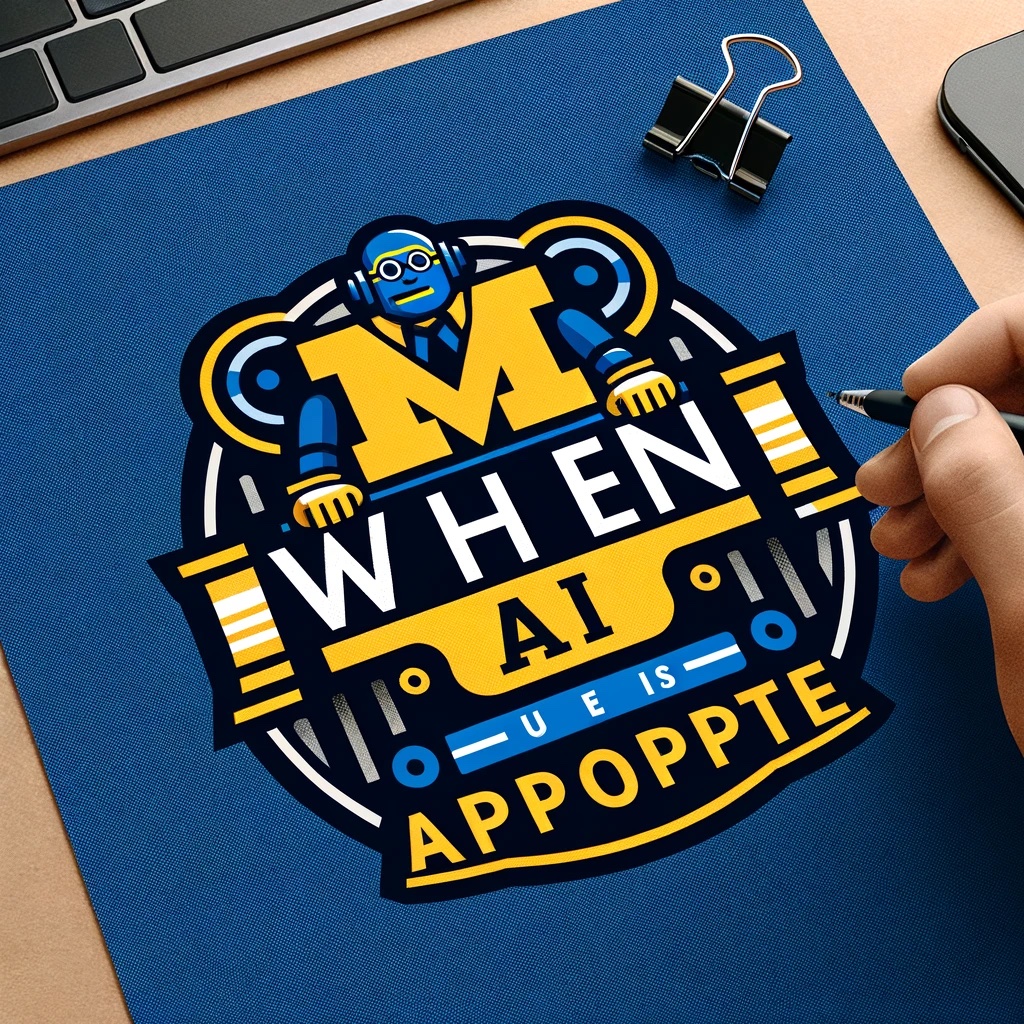Navigating the Impact of AI on Higher Education: A Student-Centric Perspective
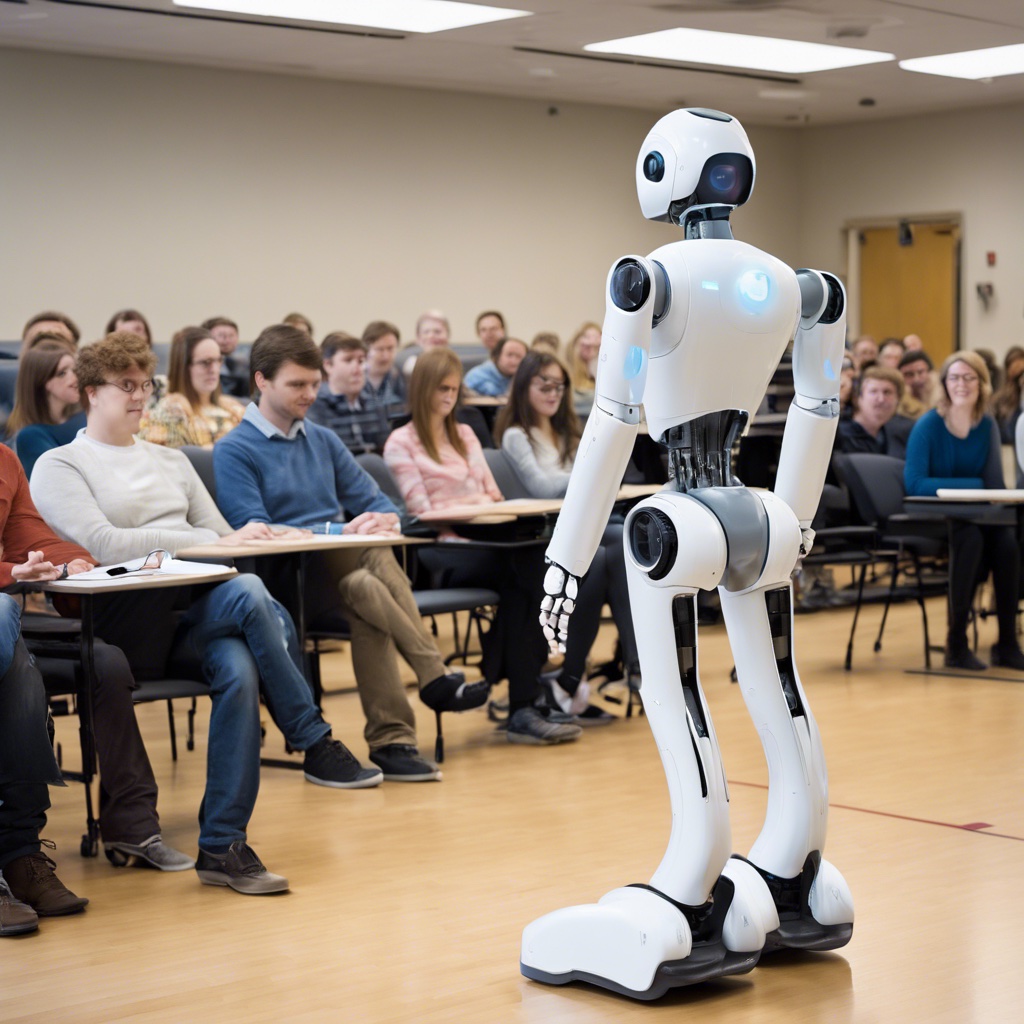
As the digital age continues to reshape various aspects of our lives, the integration of artificial intelligence (AI) into university education is both an inevitable and transformative force. This article delves into the diverse opinions of students regarding the influence of AI on higher education, exploring the potential benefits and challenges associated with its implementation.
The Impact of AI on Learning and Imagination
A concern raised about the impact of AI on the learning process centers around the potential risk of students’ reliance on AI systems, which might lead to a reliance on short-term memory rather than long-term memory as well as a hindrance of the development of innovative and creative thinking. While AI can accelerate task completion, students’ use of AI may compromise the depth of learning and hinder the cultivation of new ideas. AI usage should be restricted when students are learning foundational skills and should only ever be used as a tool that might enhance student work rather than entirely complete student work.
AI as a Tool for Career Preparation
AI can be considered an empowering tool for students to take advantage of during their higher education. The notion that engaging with AI is a form of self-directed learning suggests that students who learn how to use new and emerging technologies such as AI during college are preparing themselves for future careers where they will have to know how to utilize these tools. This perspective frames AI not just as a potential threat but as a tool that can enhance students’ adaptability and technological fluency.
AI and Academic Integrity
The use of AI in detecting plagiarism raises intriguing questions about the balance between convenience and accuracy of using AI in the classroom. While utilizing existing AI detection systems are convenient ways for educators to check for plagiarism and the use of AI in assignments, students have expressed concerns about the accuracy of AI detection platforms, particularly in deciphering the degree to which AI has been employed in completing assignments. Many of the existing detection softwares are not accurate and when educators rely on these faulty systems to determine when cheating has occurred, this can lead to a lack of respect between students and teachers. Designing assignments that encourage creative thinking or restricting assignments in in-class work where use of AI can be accurately monitored seems to be the most effective way for teachers to maintain integrity in the classroom at the moment.
Challenges for Teachers
Educators at institutions of higher education also face challenges of how to navigate the use of AI in the classroom. The apprehension lies in the potential negative effects on teachers who invest significant time and effort into crafting meaningful assignments, only to find students not understanding core concepts due to AI assistance. It is crucial to strike a balance between creating assignments that allow students the greatest ability to learn in a way that will prepare them for the workforce that also follows the rules and restrictions that universities put in place regarding AI usage.
Conclusion
As AI becomes an integral part of higher education, there is a need for a nuanced and balanced approach of how to integrate AI into learning. Navigating the impact of AI in university settings requires thoughtful consideration of ethical and practical implications. By addressing concerns and leveraging AI as a tool for empowerment, universities can foster an environment where technological advancements enhance, rather than diminish, the quality of education.
